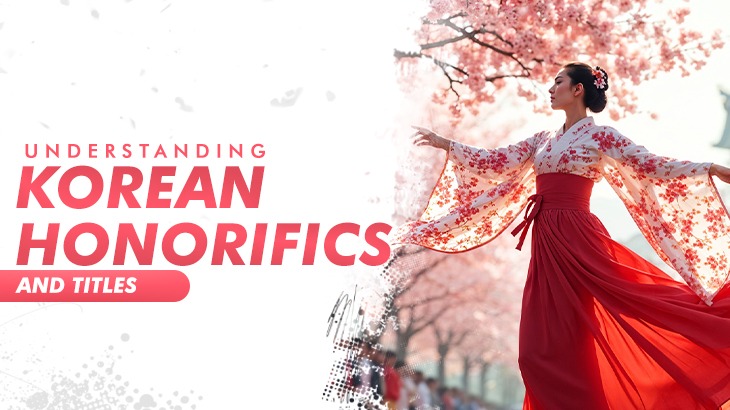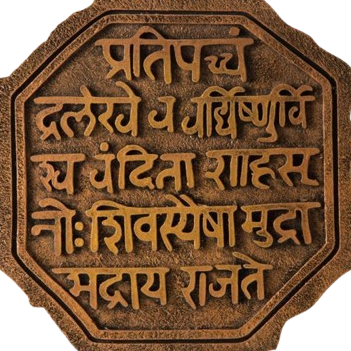
Understanding Korean Honorifics and Titles online with The Language SKOOL
If you've ever been swept into the world of K-dramas, idol interviews, or just tried ordering a kimchi jjigae in Seoul, you've probably noticed that Korean language is packed with titles and honorifics. But what do they all mean? And how do you use them without accidentally calling your boss “honey”?
Let’s bow respectfully and dive in.
First, What Are Honorifics?
Honorifics in Korean are speech levels and titles used to show respect based on age, status, or familiarity. Think of them as linguistic etiquette with superpowers. You can’t just call someone by name—you have to know your place and theirs.
Age, Hierarchy & Context Matter
Korean culture emphasizes three big things:
Age – The older someone is, the more respect they’re given.
Status – Bosses, professors, seniors… they all outrank you.
Relationship – Close friends speak casually. Strangers or acquaintances? Keep it formal.
You use different speech levels and suffixes depending on these factors.
Common Honorific Titles You’ll Hear A LOT
● -ssi (씨): A polite neutral title, like Mr. or Ms. It works well in formal settings. Example: Minho-ssi.
● -nim (님): A respectful suffix often added to professions or positions. For instance, Seonsaengnim means “teacher.”
● -ah / -yah (아 / 야): Used for close friends. For names ending in a vowel, use -yah (e.g., Jisoo-yah). For consonants, use -ah.
● Oppa (오빠): What a girl calls her older brother—or sometimes her boyfriend. Used playfully too.
● Hyung (형): A boy’s term for his older brother or a senior male friend.
● Unnie (언니): What a girl calls her older sister or a close older female friend.
● Noona (누나): What a boy calls an older girl or sister.
● Sunbae (선배): Senior at work or school. Used with admiration or respect.
● Hubae (후배): Junior at work or school. It’s more a descriptor than a term of address.
Work Titles & Social Roles
In professional settings, titles are everything.
● Seonsaengnim (선생님): Teacher or mentor.
● Sajangnim (사장님): Company president or boss. Common in office and even small business contexts.
● Hwajangnim (회장님): Chairman or top-level exec—often used in dramas.
● Gwanjangnim (관장님): Director, especially in gyms or martial arts studios.
● Samonim (사모님): Used for someone’s wife in formal/business settings.
Quick hack: When in doubt, add -nim at the end. You’ll sound extra respectful, even if you’re still learning.
What NOT to Do
Don’t call your boss “Oppa” (unless it’s a drama and there’s a plot twist)
Don’t use someone’s name without a suffix—unless you're super close
Don’t mix formal and informal speech in the same sentence
Don’t assume casual speech just because someone looks young—always check!
Bonus: How to Start Using Them
● Learn the basics—start with -ssi and -nim.
● Watch K-dramas with subtitles and pay attention to tone shifts.
● Listen to how people greet or address each other.
● Practice with mock conversations or language partners.
● Always choose formal if you’re unsure—it’s better to be too respectful than not enough.
Korean honorifics are essential for polite, culturally aware communication. Use suffixes like -ssi, -nim, Oppa, Unnie, and more based on the context, age, and relationship. They’re not just grammar—they’re a way to show heart, humility, and respect.
Mastering honorifics is just the start. At The Language SKOOL (TLS), we help you go beyond vocabulary and grammar—so you speak like a native, not like a textbook.
From beginner-friendly lessons to advanced fluency training, our expert-led courses are designed to build your confidence in real-life situations—whether you're watching K-dramas, working with Korean clients, or planning your trip to Seoul.
Join TLS today and unlock the language, culture, and confidence you need to thrive.











